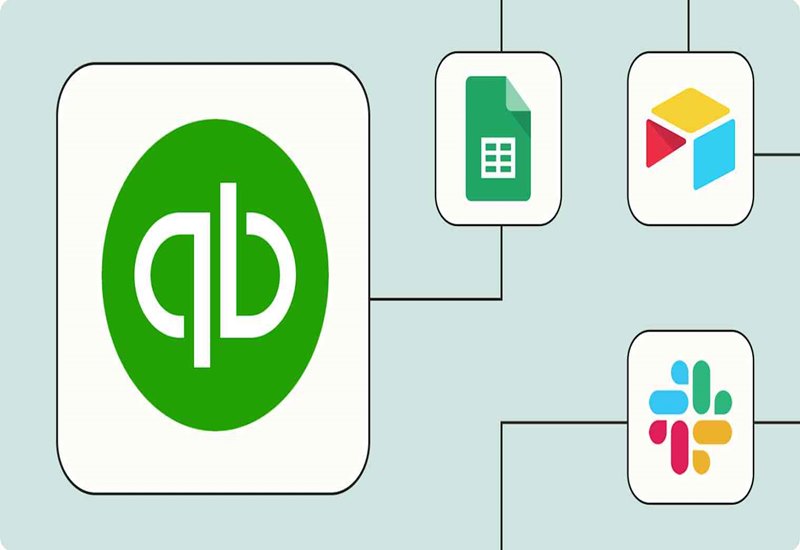For any business, maintaining accurate financial records is essential to ensure smooth operations and financial stability. Bookkeeping, the backbone of financial management, can either be managed in-house (DIY) or outsourced to a professional. Both approaches have their advantages and drawbacks. This article explores the pros and cons of DIY bookkeeping and hiring a professional, provides guidance on when to outsource, includes a cost analysis, and discusses hybrid approaches that balance the two options.
DIY Bookkeeping: Pros and Cons
Pros:
- Cost Savings:
- DIY bookkeeping eliminates the expense of hiring a professional, making it an attractive option for startups and small businesses with limited budgets.
- Full Control:
- Business owners can stay closely involved with their financial operations, gaining a better understanding of their cash flow and expenses.
- Learning Opportunity:
- Managing your books can enhance your financial literacy, which can benefit overall business decision-making.
Cons:
- Time-Consuming:
- Bookkeeping requires consistent attention to detail, which can take time away from core business activities.
- Risk of Errors:
- Without professional expertise, there is a higher chance of errors in record-keeping, which can lead to costly mistakes.
- Limited Expertise:
- Business owners may lack knowledge of tax laws, compliance requirements, and best practices, which can result in missed opportunities for deductions or financial optimization.
Hiring a Professional: Pros and Cons
Pros:
- Expertise and Accuracy:
- Professional bookkeepers bring experience and training, ensuring accurate financial records and compliance with regulations.
- Time Efficiency:
- By outsourcing bookkeeping tasks, business owners can focus on growth, operations, and strategy.
- Better Financial Insights:
- Professionals provide valuable insights into financial trends, helping businesses make informed decisions.
- Scalability:
- As businesses grow, professional bookkeepers can adapt to handle increasing financial complexities.
Cons:
- Cost:
- Hiring a professional comes with a price tag, which can be challenging for small businesses or startups.
- Reduced Control:
- Outsourcing may mean less direct involvement in day-to-day financial operations.
- Dependence on External Expertise:
- Relying on an external bookkeeper requires trust and clear communication to avoid misunderstandings.
When to Outsource
Outsourcing bookkeeping is ideal when:
- Your business is growing, and financial transactions are becoming more complex.
- You lack the time or expertise to manage books effectively.
- Compliance with tax regulations is a concern, and you want to avoid penalties.
- You prefer to focus on other aspects of the business, like sales and customer service.
Cost Analysis
DIY Bookkeeping Costs:
- Software: Tools like QuickBooks or FreshBooks can range from $10 to $40 per month.
- Time Investment: Business owners spend an average of 10-20 hours per month on bookkeeping tasks.
Professional Bookkeeping Costs:
- Hourly Rates: Professional bookkeepers typically charge $30 to $80 per hour, depending on their expertise and location.
- Monthly Fees: For small businesses, monthly fees range from $200 to $500 for basic services.
While DIY bookkeeping may appear more affordable, the hidden cost is the time taken away from revenue-generating activities.
Hybrid Approaches
A hybrid approach combines the best of both worlds. Businesses can handle basic bookkeeping tasks in-house while outsourcing complex or time-consuming activities, such as tax preparation or financial analysis, to a professional.
Advantages of Hybrid Approaches:
- Cost-Effective:
- Basic tasks are handled internally, reducing the need for full-time professional services.
- Flexibility:
- Outsourcing specific tasks allows businesses to scale services based on their needs.
- Balanced Control:
- Business owners maintain oversight of financial operations while leveraging professional expertise for critical areas.
Conclusion
The choice between DIY bookkeeping and hiring a professional depends on a business’s size, budget, and needs. DIY bookkeeping is cost-effective for small or new businesses, while hiring a professional ensures accuracy and saves time. A hybrid approach offers flexibility, allowing businesses to balance costs and expertise.
Understanding your business’s unique requirements and evaluating the trade-offs will help you make the right choice, ensuring that your bookkeeping practices support your financial success.




